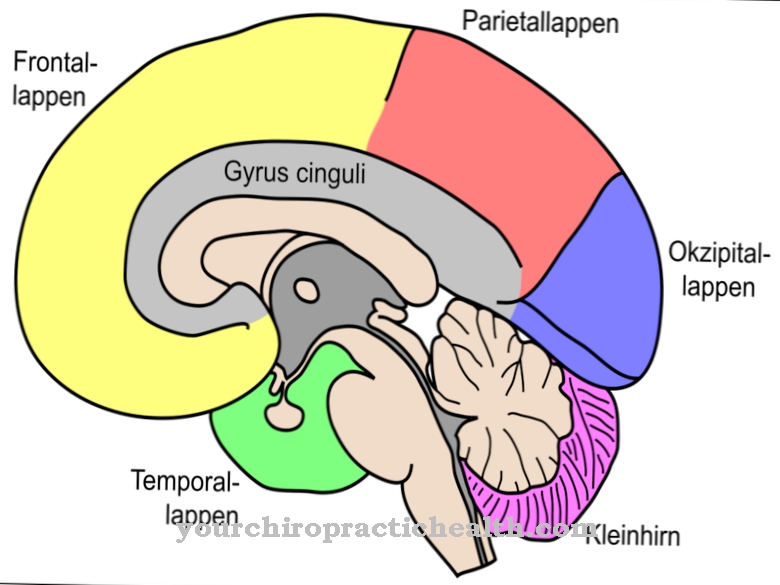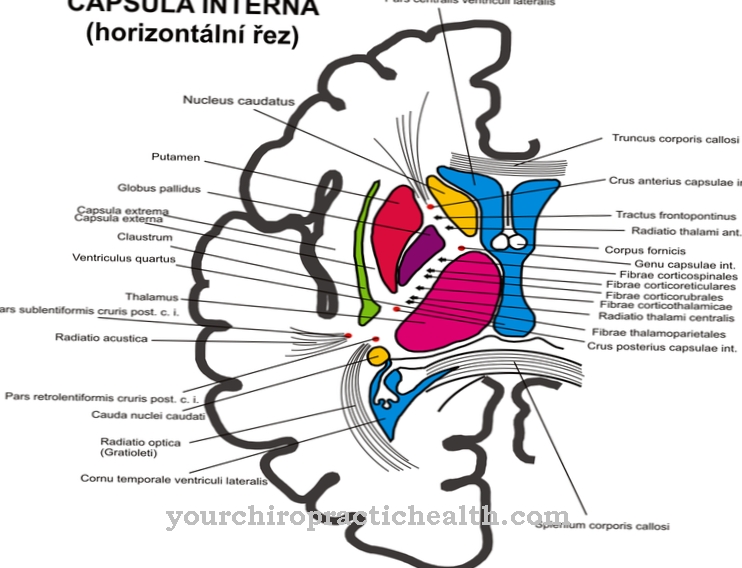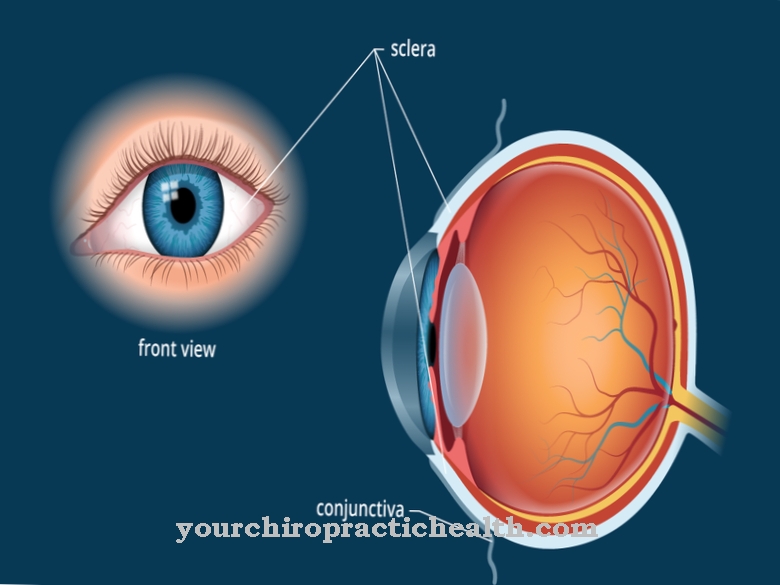Lipids perform a variety of tasks in the human body. They are vital and must be consumed with food in the best possible ratio. The body can produce some lipids by itself.
What are lipids?
Often it is said in a simplistic way: Lipids are fats. In fact, fats (neutral fats or triglycerides) are also the best-known lipids. Substances belonging to the group of lipids also include fatty acids, which play a major role in a healthy diet, as well as waxes, sterol esters and phospholipids.
An important subgroup of lipids are lipoids (fat-like substances), which are also known as compound lipids. Lipids and lipoids are of great importance in the human metabolism because they are involved in numerous processes and in some cases are essential (i.e. essential for life and to be taken in with food).
By the way, blood fats are also lipids. Chemically, lipids consist of the basic elements carbon, hydrogen and oxygen; they can be of animal or vegetable origin. It is characteristic of lipids that they are only slightly soluble in water, but can be easily dissolved in various solvents.
Medical & health functions, tasks & meanings
LipidsWith their high calorie content of 9.3 kilocalories per gram, especially fats, are important sources of energy and serve as long-term energy stores in the form of depot fat.
They are part of the cell membrane and provide protection against external influences and cold. An important task of lipids is to make the fat-soluble vitamins A, D, E and K available to the body. Food with the vitamins mentioned (e.g. carrots) should therefore always be prepared with a little oil. In addition, lipids supply the body with cholesterol and lecithin, and they are aroma and taste suppliers.
Lipoids, the fat-like substances, serve as emulsifiers or “solubilizers” between fat- and water-soluble substances and, among other things, ensure smooth transport in the blood and lymph. Cholesterol, which is required for the formation of hormones, bile acids and vitamin D, is one of the best-known lipoids. Cholesterol is one of the lipids or lipoids that the body produces itself, but it is also ingested through food (fatty meat, egg yolk).
Fatty acids play a central role: They are involved in countless metabolic processes. A distinction is made between saturated, monounsaturated and polyunsaturated fatty acids. The body does not need saturated fatty acids - for example in butter, lard, coconut fat or palm kernel oil.Unsaturated fatty acids, on the other hand, are of biological importance; some of the polyunsaturated fatty acids are essential. Among other things, they are responsible for the digestion and absorption (absorption) of triclycerides or dietary fats, which are also lipids.
Illnesses, ailments & disorders
Is the Lipid- or the lipid metabolism is disturbed, it can lead to health problems. Malnutrition and lack of exercise are the most common causes of too much fat in the depot, which leads to excess weight and pathological obesity.
Cardiovascular diseases such as heart attacks or coronary artery disease, but also type 2 diabetes or high blood pressure, are the frequent consequences. The development of arteriosclerosis is also favored. A large number of diseases are now based on a disturbed lipid metabolism, i.e. on excessively high blood lipids. Whole blood lipids, tryglizerides or cholesterol may be increased here, and the countermeasures to be taken must be adapted accordingly.
The basic measure is always the optimization of the weight, since most people are overweight. A low-fat, wholesome diet, increasing physical activity and reducing stress are further measures. When it comes to nutrition, it is not just the amount of fat that matters, but above all the quality of the fat used: Above all, the unsaturated fatty acids should be increasingly included in the menu in favor of the saturated fatty acids (e.g. olive, rapeseed, flax and walnut oil ).
Since lipids are also involved in the utilization and formation of many substances in the body, a disruption of the lipid metabolism can also have a negative effect on the endocrine system, the interaction of enzymes or the utilization of vitamins. This can also result in numerous other health disorders. A healthy lifestyle, on the other hand, can positively support the effect of lipids in the organism.
























.jpg)



